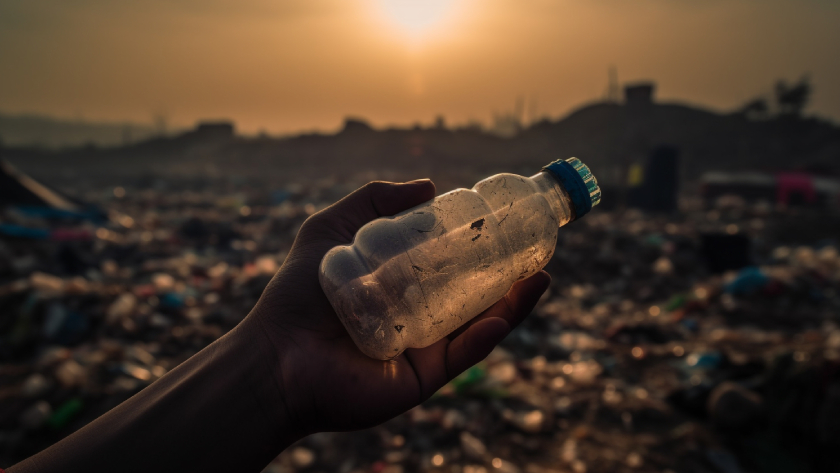Synopsis –
Consumer durables recycling is pivotal for reducing waste and promoting sustainability in India. This blog explores the challenges and opportunities within the recycling of consumer durables such as appliances and electronics, emphasizing the crucial role advanced recycling methods play. Learn how strategic recycling initiatives can extend product lifecycles, conserve resources, and support India’s environmental goals. Dive into the transformative impact of these recycling practices and discover how they contribute to a sustainable future by minimizing waste and maximizing resource use.
Advancing Sustainability Through Durable Goods Recycling
In India, the rapid growth of the consumer durables market has brought with it an increase in waste generated from these products. As items such as refrigerators, washing machines, and televisions reach the end of their usable life, it becomes crucial to address the disposal and recycling of these large-scale items responsibly.
The Need for Consumer Durables Recycling
The environmental impact of improperly disposed of consumer durables is significant. These products often contain hazardous materials that can leach into the soil and waterways, posing serious environmental and health risks. Moreover, the metals, plastics, and other materials found in consumer durables are valuable resources that can be recovered and reused, reducing the need for virgin materials and the energy consumption associated with producing new products.
Technological Innovations in Recycling
Significant technological advancements have been made to tackle the challenges associated with consumer durables recycling. Modern recycling facilities now use specialized machinery to safely dismantle these items, separating and processing materials for reuse. Techniques such as automated shredding, precise sorting systems, and advanced material recovery processes ensure that the maximum amount of recyclable material is extracted with minimal environmental impact.
Economic and Environmental Benefits
Recycling consumer durables offers numerous benefits. Economically, it creates jobs in the recycling and manufacturing industries and reduces the cost associated with waste disposal and raw material procurement. Environmentally, it significantly decreases landfill waste, conserves natural resources, and reduces greenhouse gas emissions by limiting the need to produce new materials.
Statistical Insight
According to the Global E-waste Monitor, recycling one million laptops can save the energy equivalent to the electricity used by over 3,600 homes in a year. This statistic highlights the substantial energy-saving potential of effective recycling practices.
Quote from a Famous Indian
“Earth provides enough to satisfy every man’s needs, but not every man’s greed,” Mahatma Gandhi famously stated. This reflection on sustainability is particularly apt for the consumer durables sector, where responsible recycling can significantly mitigate the environmental impact.
Challenges in Recycling Consumer Durables
Despite the advancements, challenges still need to be addressed, particularly regarding collection and logistics. Ensuring that end-of-life consumer durables are collected and transported to recycling facilities requires efficient logistics networks and increased awareness among consumers about the importance of recycling.
Endeavor Recyclers’ Role in Consumer Durables Recycling
At Endeavor Recyclers, we are dedicated to transforming the landscape of consumer durables recycling in India. Our state-of-the-art recycling processes are designed not just to minimize waste but to foster a culture of sustainability across the industry. By partnering with us, companies and consumers can ensure that their durable goods are recycled environmentally, aligning with India’s sustainability objectives.


